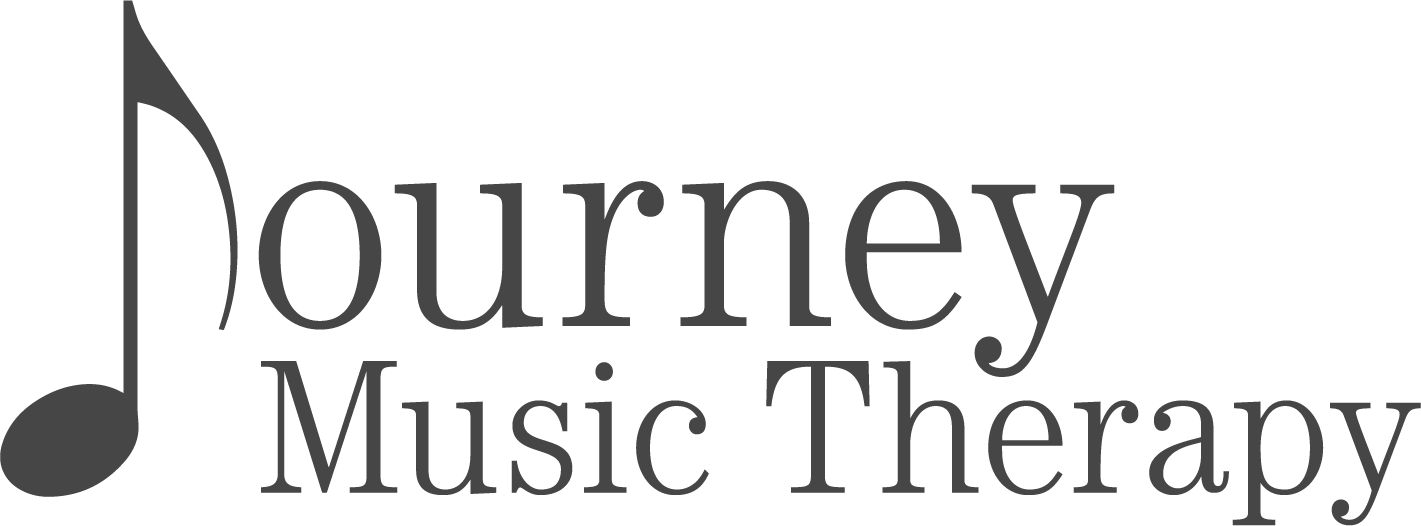Mission
Our mission is to connect and support people’s journey through music in the community through a holistic therapeutic approach.
Values
We strongly believe in the unification of communities, diversity equity and inclusion. All people have a right to therapy and being heard.
We believe strongly that music is the bridge in bringing support for autonomy, connecting, empowering, enriching and holistically supporting a person’s goals and needs within all of their journeys.
Vision
We envision music therapy as a bridge for one’s journey and bring knowledge to all the communities.







